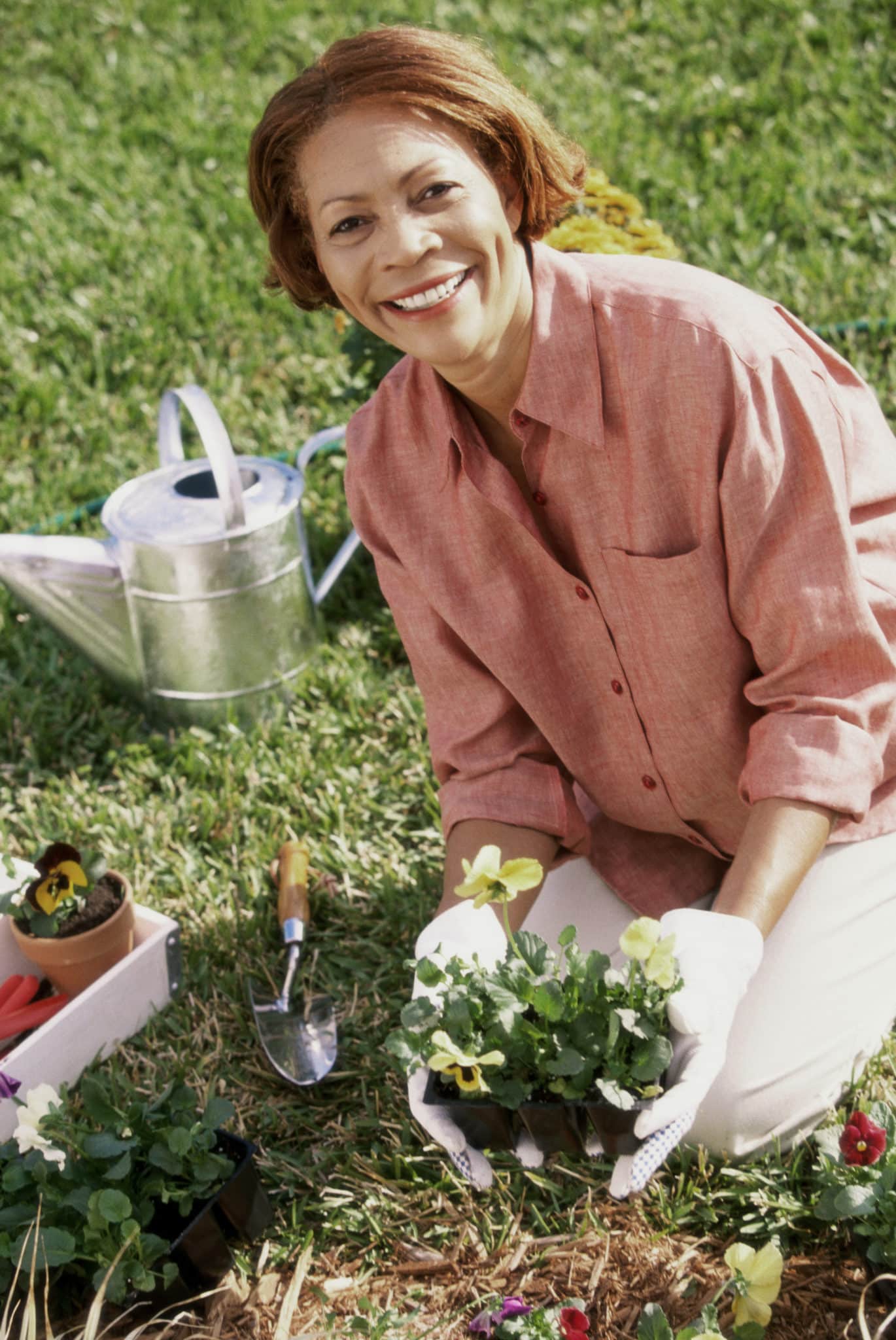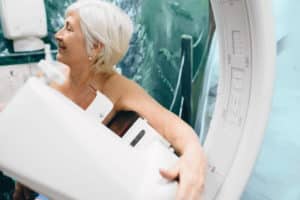Older Women and Breast Cancer: Part 1 of 2

What Do You Mean No Mammogram?!
A Look at Breast Health Practices As Women Grow Older
With more than 30 years of oncology experience, most of them focused on caring for women diagnosed with breast cancer, I’ve been asked more than a few times to speak or write about breast cancer in older women. This always makes me smile because I know what’s coming next. I ask the person to define “older women.” He or she usually replies, “Women who are 60 years or older.” And therein lies my opportunity to enlighten both the requestor and their audience.
Other than one message that does apply to women of all ages — that is, a woman needs to be her own best advocate, and engage her physician in discussions about her risk factors, screening recommendations and, if the situation arises, the most appropriate treatment options — there is no single answer to providing guidance for breast health practices for women over 60. Just because a person reaches senior status — as defined by society — at 65, doesn’t mean his or her physical condition and lifestyle needs suddenly plateau.
This is why there is no one-size-fits-all set of breast health screening guidelines for “senior” women, so it’s important for older women — and/or their caregivers — to be familiar with the guidelines for their specific age group.
Let’s start with the stats
Statistics make it clear: early detection and breast health care are important, regardless of age. In terms of seniors:
- Fewer than 5 percent of all breast cancers diagnosed in the U.S. occur in women under 40
- Approximately 50 percent of women diagnosed receive that diagnosis after age 62
- One out of every 6 women in their 90s will get breast cancer
- The older a woman is, the more likely she is to get breast cancer
And now for the stats that drive everything home: In 2017, 27 percent of breast cancer deaths in the U.S. occurred in women age 80 or older. In that same year, 23 percent of breast cancer deaths were in women aged 60-69 and 20 percent occurred in women aged 70-79. That’s 70 percent of all U.S. breast cancer deaths occurring in women over 60. Paying attention to changes in the breast and overall breast health is critical. Detecting breast cancer early can be the key to better survival outcomes and can often mean less rigorous treatment, at any age.
What do you mean I don’t need a mammogram this year?
Many older women and adult caregivers for older women look a little shocked when I share that today’s screening recommendations for women over 55 and at average risk for breast cancer no longer include breast self-exams, exams performed by your physicians (clinical exams) or annual mammograms. Their reaction is understandable.
For decades, the mantra of “yearly mammograms save lives” was drummed into their heads. Now, suddenly, they’ve crossed a threshold when this is no longer the recommendation. Moreover, the older a woman gets, the less evidence there is for the value of mammograms. Let’s look at the current recommendations from the American Cancer Society for women of average risk (i.e. women without a family history of the disease, prior diagnosis, etc.) for breast cancer:
- Women aged 45-54: annual mammograms recommended
- Women aged 55-75: mammograms every two years
- Women aged 75 and over: mammograms should continue as long as the woman is in good health; frequency should be individualized and discussed with your physician.
- Regular self-exams and clinical exams: no longer recommended for any age group
Now, you may be asking, if mammograms are known to detect breast cancer, why decrease their frequency — or use at all — as a woman ages? It’s a valid question! As of yet, there are no studies demonstrating that mammograms effectively reduce mortality rates in women over 75. However, some studies do show that breast cancers detected in older women grow relatively slower and can be treated more easily. Therefore, as a woman ages, it becomes less and less likely for cancer to spread to the point where it becomes life-threatening.
By Dr. Steven B. Standiford, Surgical Oncologist at Cancer Treatment Centers of America in Philadelphia





